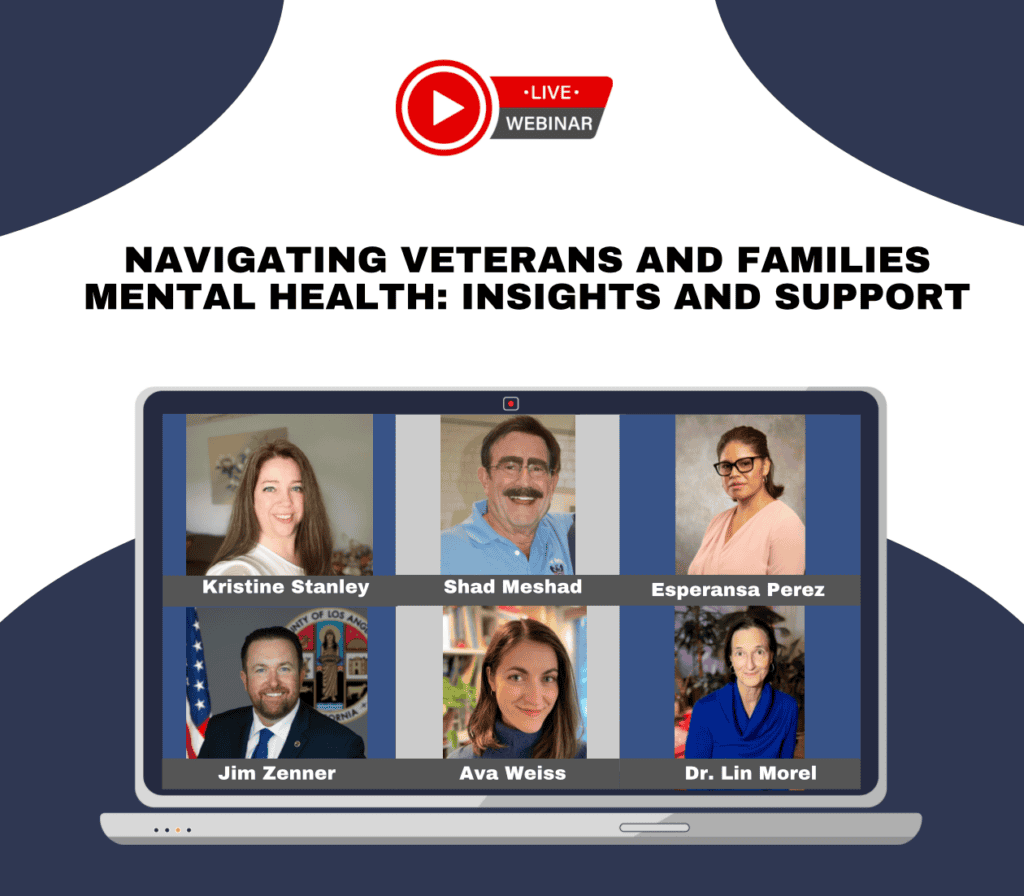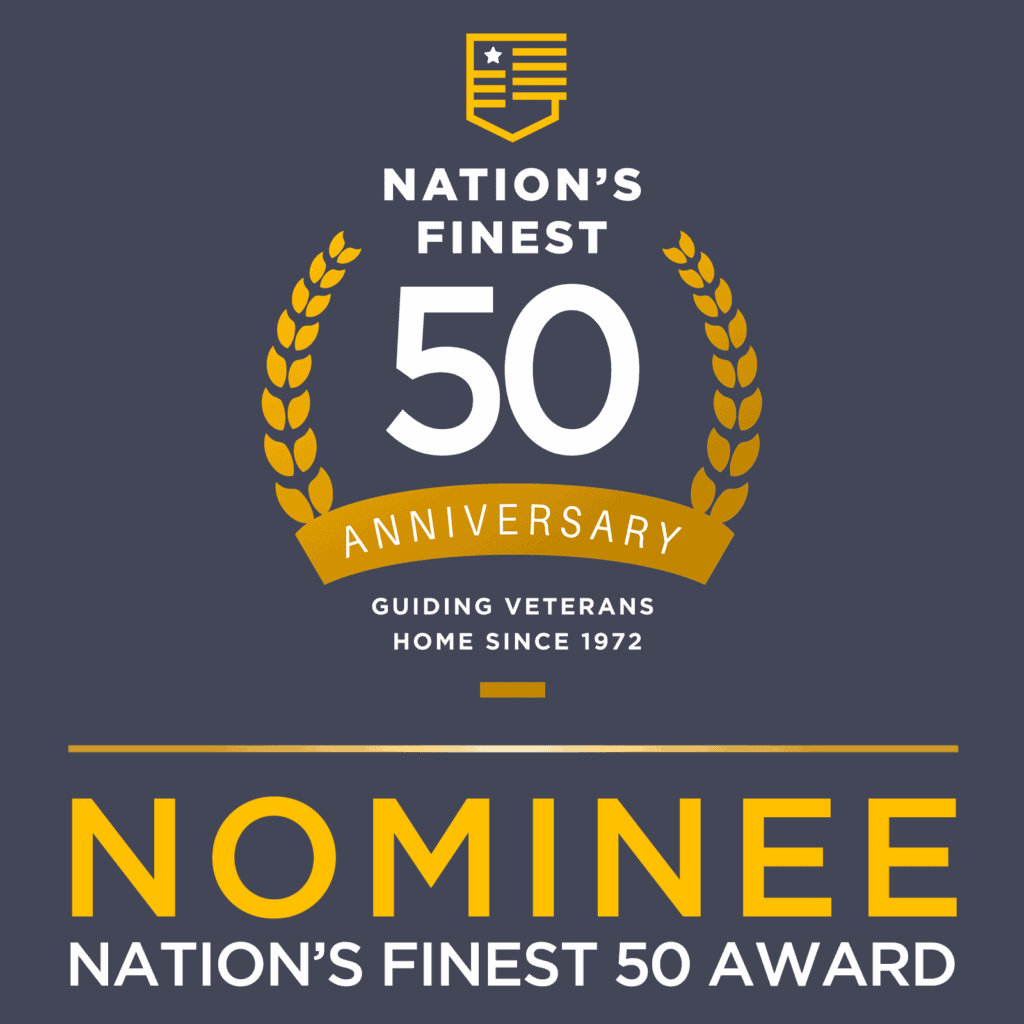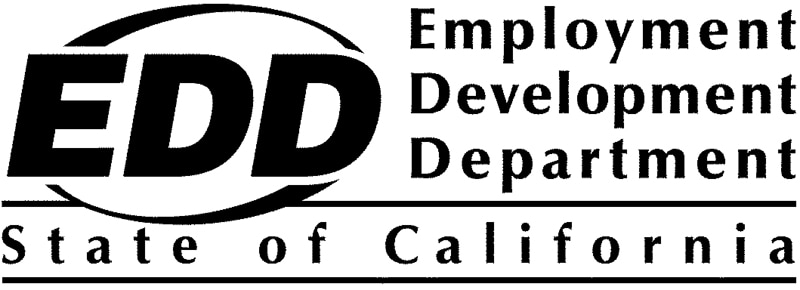Veterans and Their Families
My lifelong career as a veteran advocate started with the Vets of my era—Vietnam. When I expanded my veteran outreach to include veterans of all wars, it wasn’t long before I realized the National Veterans Foundation was also serving the families of these vets. That’s when we incorporated the language “all U.S. veterans and their families” into our Mission Statement.
While we’ve long had women in the armed forces, with these last two wars we’ve seen the introduction of women into combat, and women deployed in combat zones. Those deployments can last from several months to a year or more. I guess we were accustomed to seeing men leaving families behind. Looking at photographs and videos of women holding their toddlers and infants one last time, really brings home what it means to be a military family. The length of those deployments means that other caregivers have to step into place. Older children have to become more self-reliant.
Transitioning home after deployment, difficult for many vets, has an added level of stress if the family involved has children, especially young children. I imagine it’s more difficult for women, especially for women who are single parents.
Here at the National Veterans Foundation, we now have two female counselors on our Lifeline for Vets. Leaphy Khim is a Marine Corps veteran. Mary Ann Mayer is a social worker and coincidentally, a military brat whose mother and father are veterans. They are finding that female vets wait longer to look for services and resources. Female veterans are harder to spot because they rarely self-identify as vets. Sometimes that’s because of PTSD, sometimes it’s because they experienced MST (Military Sexual Trauma) during their service. They’re the invisible ones in the homeless counts. Many have children they are trying to care for.
At the NVF our first focus is on the veteran, helping to ease the transition back to civilian life, finding employment, dealing with VA benefits, housing, education, and injury—both physical and invisible. But we always extend that same care to the families of vets. In this Month of the Military Child, I’d like to take a moment to ask you to consider the children of active duty and reserve military.
Like civilian families, when one person in the family is suffering, the entire family is affected. Children are especially vulnerable. They don’t have the filters we use to make difficult things tolerable. They lack the understanding that comes with age. Warriors return home changed. They always have. All the way back to the Greeks and Romans. That in itself is disturbing.
Children work to normalize the changes they see in a returning soldier just like the adult vets they watch. In one of the last scenes in the play Ajax in Iraq, the small son of a female soldier is the one who opens the back door to let in the pair of uniformed men who come to bring the news of her death. He calls upstairs to his aunt, whom he now calls Mommy, “The war’s in the kitchen.”
On a recent radio show, Jude Angelini invited me for a segment in which veterans called in. One of the callers described growing up with a volatile father, a Vietnam veteran. As an adult, the caller had seen a therapist. Hearing his symptoms, the therapist leaned forward and asked, “Are you sure you were never in a war?” Speaking as a traumatologist, I explained secondary PTSD. It’s not so unusual a phenomenon. I bring this in to illustrate how PTSD ripples out through a family, through a generation even.
For every veteran we help heal, every spiral downward we can stop, there’s a family also getting the benefit. Whether it’s a parent, an older sibling, grandparent, aunt, uncle or cousin, military children are subject to a kind of stress their peers don’t meet until much later. In a very real sense, our military children also serve. Join me in saluting them.
If you know a veteran or a veteran’s family who needs help, here’s the number for our Lifeline for Vets: 888.777.4443.
You can be a part of our mission to help Veterans by making a tax-deductible donation!
About the Author
SUBSCRIBE TO OUR BLOG AND NEWS!
By submitting this form, you are granting: NATIONAL VETERANS FOUNDATION INC permission to email you. You may unsubscribe via the link found at the bottom of every email. (See our Email Privacy Policy for details.)
Related Posts





